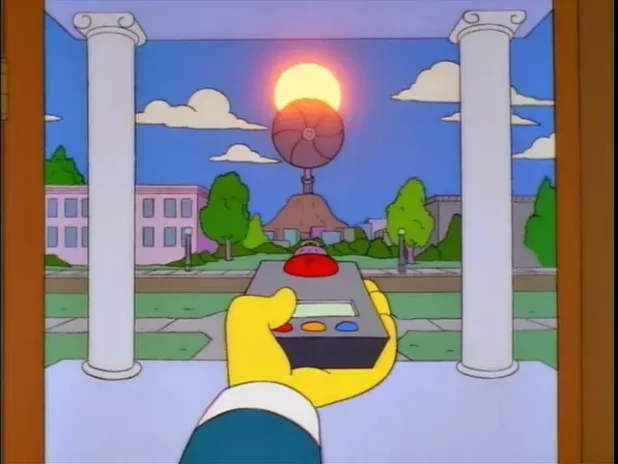Suck it off and block it up or we’re all going to burn up, you retarded ass!
Governments should place a moratorium on efforts to geoengineer the planet’s climate, as greenhouse gas emissions continue to rise and the climate crisis takes hold, a panel of global experts has urged.
Geoengineering is highly controversial, but discussions of its feasibility are gathering pace as the impacts of extreme weather, driven by climate breakdown, grip the planet. There is no global agreement on geoengineering, and no rules on what countries, or businesses, can do.
In a report published on Thursday, the Climate Overshoot Commission called on governments to phase out fossil fuels, put more resources into adapting to the impacts of extreme weather, and start using technologies to remove carbon dioxide, such as carbon capture and storage and the capture of carbon directly from the air.
Governments should also allow academics to investigate the possibilities of geoengineering, chiefly in the form of solar radiation management, which involves attempting to reduce the amount of sunlight striking the Earth’s surface, for instance through whitening clouds to be more reflective, or setting up mirrors in space.
But governments should not embark on any such activities, the panel warned, because of the dangers involved in tinkering with the global climate in ways that are not yet well understood.
Pascal Lamy, the former chief of the World Trade Organization, who chaired the Climate Overshoot Commission, said it was “not inevitable” that the world would overshoot 1.5C, the global temperature limit governments have agreed, but that the likelihood was increasing. “It depends on what we do,” he said.
But he warned that the world could not ignore the possibility of geoengineering, as some countries could start to investigate and experiment on their own. He said: “There is an increasing international discussion of solar radiation management. But the danger is of unintended consequences, and of transboundary consequences.” Scientists could not say whether solar radiation management was safe, and the precautionary principle should be applied, he said.
Lamy urged all governments to unilaterally decide on a moratorium, rather than wait for a global agreement on one. “I do not propose a big international conference – that would take a lot of time in my experience,” he told the Guardian, in an interview.
He said academic research on solar radiation management should be shared, open and transparent.
Geoengineering is a term that can include everything from reforesting large areas of land to absorb more carbon, to painting rooftops white to be more reflective, or seeding the ocean with iron to grow more plankton and absorb more carbon.
The Climate Overshoot Commission, a group of senior former diplomats, policy experts and scientists including Laurence Tubiana, the former French diplomat who was one of the main architects of the Paris agreement, focused on solar radiation management because that is one of the most controversial and dangerous ideas.
While regrowing trees is usually regarded as safe, putting mirrors in space to reflect sunlight or seeding clouds to reflect more rays into space could have huge impacts that would be hard to control, and would be impossible to confine within country borders. As well as the risks inherent to changing the climate in one place, there could be a “termination shock” – the concern that if emissions continued to pour into the atmosphere while geo engineering was used, stopping use of the technology would cause severe disruption to the climate as the underlying heating effect took hold again.
Mirrors in space.
Yeah.
Okay.
Sure.
I’m so tired.
 Daily Stormer The Most Censored Publication in History
Daily Stormer The Most Censored Publication in History





